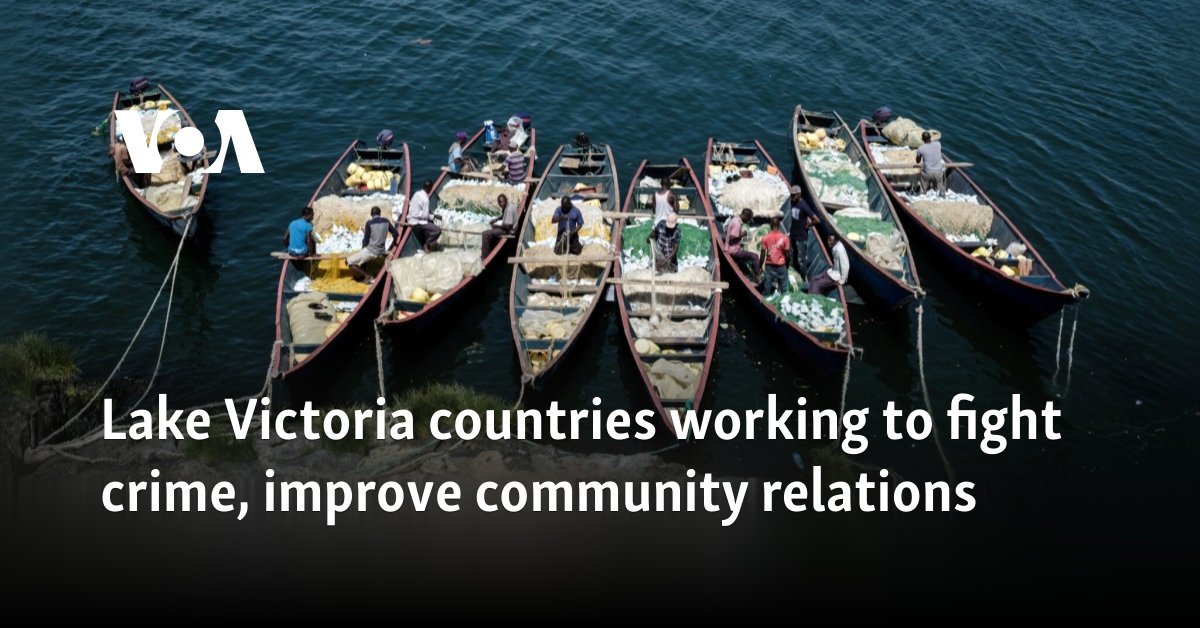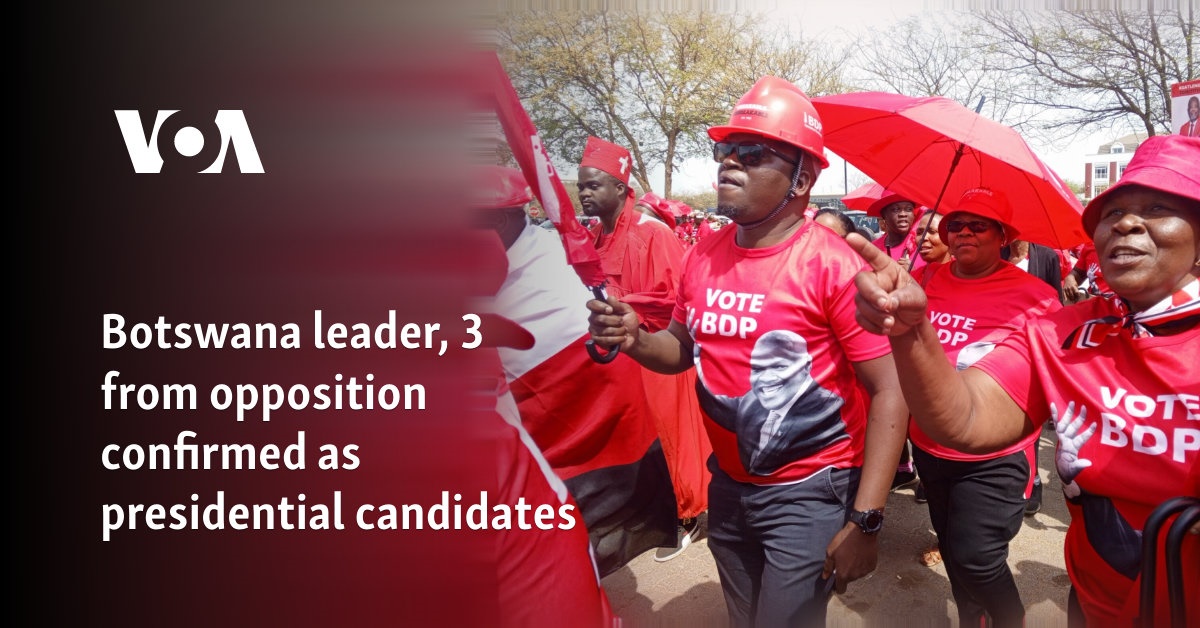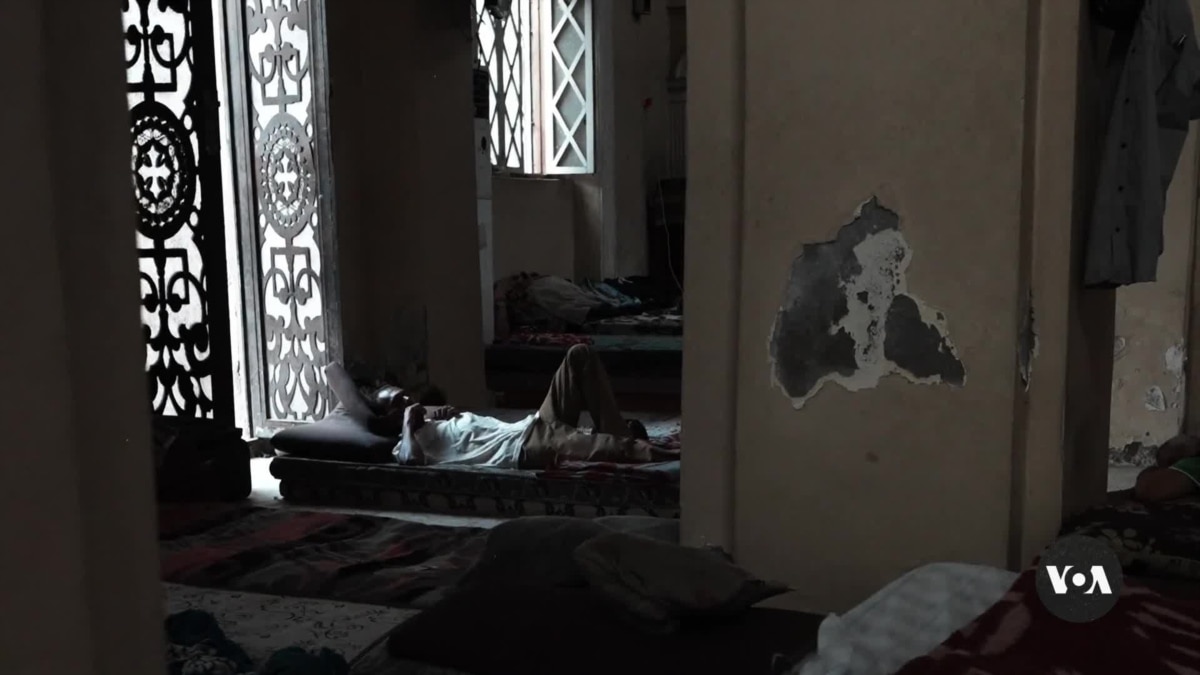Prolonged conflict, serious human rights abuses and flagrant violations of international humanitarian law are unleashing grave suffering on internally displaced Congolese and refugees, the UN Refugee Agency (UNHCR) warned today.
The warning follows a humanitarian assessment visit to the Democratic Republic of the Congo (DRC), including the capital, Kinshasa, and eastern provinces, by the agency’s top refugee protection official, Ms. Ruven Menikdiwela – UNHCR’s Assistant High Commissioner for Protection.
In the first half of 2024 alone, more than 940,000 people were forced to flee the violence perpetrated by a multitude of non-state armed groups. Many of those forced to flee have been displaced several times. The number of internally displaced people in DRC currently stands at more than 6.4 million people.
“I am extremely concerned about the forgotten but devastating plight facing civilians in the DRC. It is a travesty that atrocities continue to confront this long-suffering civilian population and that even in their quest for safety, they face a litany of human rights violations,” said Menikdiwela.
Three displaced people were killed in the crossfire and another 21 injured in the early hours of 26 September as the Lushagala displacement site, just outside of Goma, was ripped apart by violence. The clashes between various armed actors, using heavy weapons, lasted some five hours.
In North Kivu alone this year, there have been nearly 20 such security incidents affecting displacement sites. By the end of August, UNHCR protection monitors had identified more than 71,200 victims of human rights abuses.
“I have spoken with displaced women and men in Ituri and North Kivu provinces. They have witnessed and experienced unimaginable horrors – killings, detention, kidnapping, extorsion, and recruitment of their children by armed groups. Women and girls, in particular, are faced with an unbearable situation – their bodies are a battle ground.”
Menikdiwela warned that gender-based violence is widespread and sexual violence is systematically used by parties to the conflict at an unprecedented scale.
According to data gathered by the gender-based violence (GBV) Area of Responsibility in DRC, in North Kivu alone gender-based violence was reported in significantly higher numbers in the first half of this year (27,328) than for the same period in 2023 (20,771). Alarmingly, 63 per cent of those are of rape. UNHCR teams are increasingly observing displaced women and girls resorting to harmful coping mechanisms, including selling sex to survive and making dangerous forays into conflict zones in search of food and firewood. In many remote locations, humanitarian access is cut off or resources and assistance are scarce. Access to justice also remains limited, and survivors fear retaliation and social marginalization.
Menikdiwela called on all parties to urgently make the well-being of civilians, including displaced people, the priority, by ensuring the humanitarian and civilian nature of displacement sites is guaranteed and that safe passage for displaced populations is restored.
Overcrowding and worsening sanitary conditions in displacement sites have in recent weeks raised deep concern amongst humanitarian actors that displaced populations may face increased exposure to disease, including the virulent mpox virus.
During her mission, the Assistant High Commissioner also met with the Prime Minister and the Vice Prime Minister in charge of Home Affairs, in addition to provincial authorities and humanitarian partners.
She conveyed UNHCR’s commitment to continue working with the authorities to assist, protect and seek solutions for the forcibly displaced. “It is abundantly clear that peace is the most sustainable and durable of solutions and is urgently needed,” Menikdiwela added.
“What I saw also gives a reason for hope. There is a strong commitment by the various actors to seek solutions. I visited internally displaced families who have benefited from local integration schemes, building their homes, establishing small businesses and contributing positively to their new communities. Authorities have played a key role here, and these efforts must be scaled up,” said Menikdiwela.
UNHCR is also calling for additional support and funding from the international community. As of 31 August 2024, UNHCR had received just 37 per cent of the $250 million required to meet the needs of displaced people in the Democratic Republic of the Congo.
Distributed by APO Group on behalf of United Nations High Commissioner for Refugees (UNHCR).

 By Africa.com | Created at 2024-09-30 17:28:11 | Updated at 2024-09-30 19:29:14
2 hours ago
By Africa.com | Created at 2024-09-30 17:28:11 | Updated at 2024-09-30 19:29:14
2 hours ago



